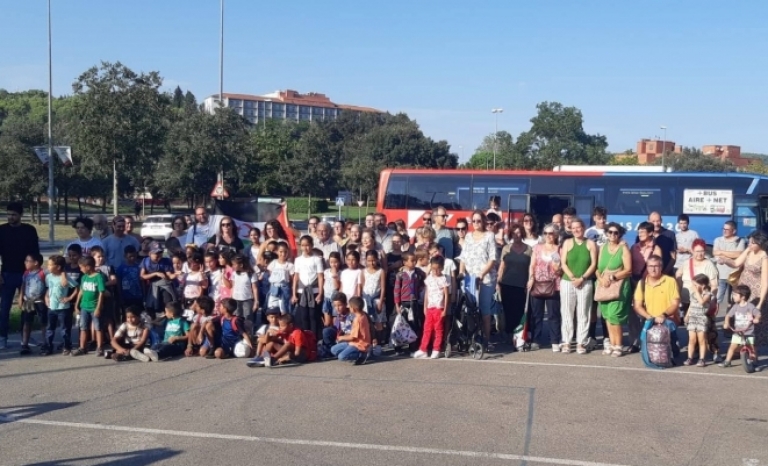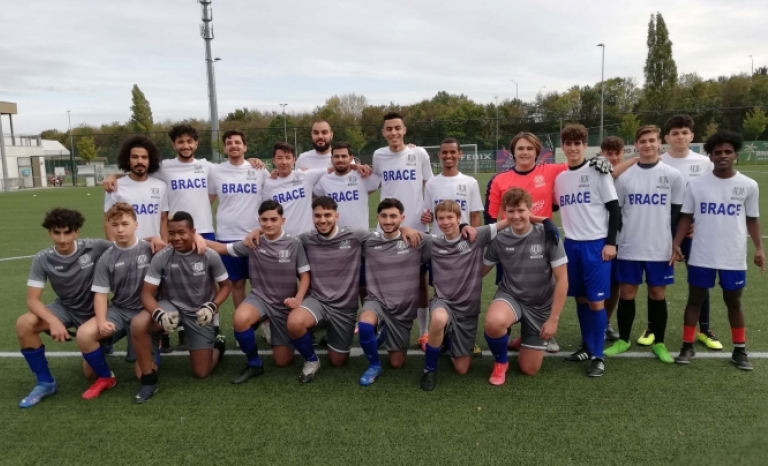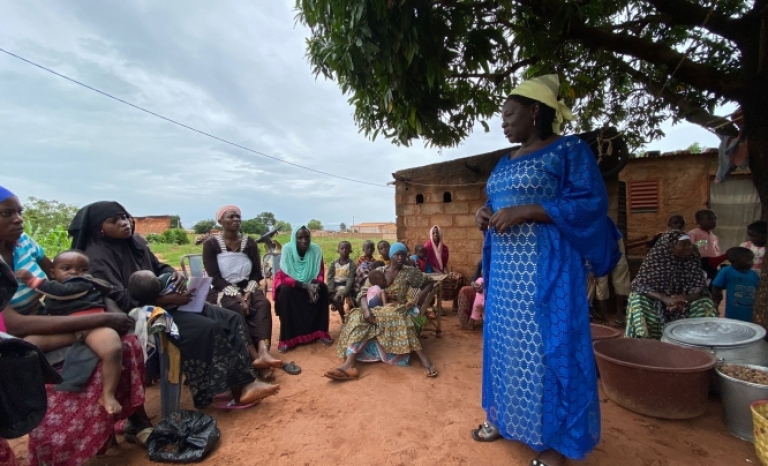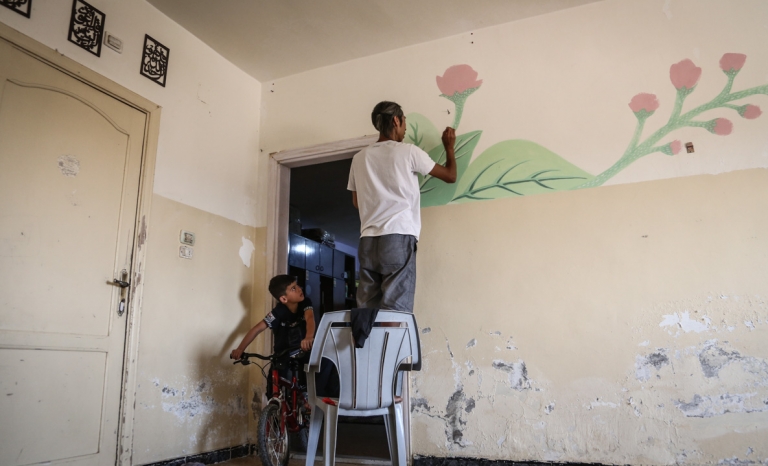Empowering persons with disabilities, with the required support, is key to start living and coexisting in the same environments.
Not long ago, when people with disabilities were hidden away, they were considered second-class citizens. This happens because we’ve always lived in an assistance-driven world. And we have always thought that those caring for them or above them had the power to decide for these people.
Gradually, we have been able to get these people to be in control of their lives. Many have succeeded in their ambitions and life projects, and this was unthinkable just a few years back.
We see success stories that lead us to believe we are on the right track, where people with disabilities are not an embarrassment, but people to be proud of for those around them. It is our responsibility to ensure coexistence and to avoid that persons with disabilities and their families are left isolated; we must focus on capacities and look for the required support that will help overcoming the “disability”.
Living together in inclusive spaces makes for a more open society. It can be difficult at times, since the stigma is deeply rooted and is difficult to erase. That is why we must promote and share spaces where people can understand the difficulties of others; spaces where those who can’t do certain things for themselves get support; spaces where they are not judged based on aesthetics or perfection…Even if it may seem a utopia, we are moving closer to this reality. Our ideas are clear, and we are starting to perceive that people with an intellectual disability are the rightful owners of their lives, and are very much capable of saying what they think and take their own decisions. Empowering these persons, with the required support, is key to start living and coexisting in the same environments. Gradually, we must move away from institutions, towards models of care that are centred on the people. This model involves accompanying a person to reach a quality professional intervention that will contribute to their wellbeing, increasing their quality of life and ability to care for themselves, with a pro-active participation of all actors involved. Families and organizations alike are more and more valuing this praxis.
We want to progress towards a society that is free of discrimination; a society that is comprehensive, accepting and with a positive approach to people in need of support, instead of being compassionate.












Add new comment